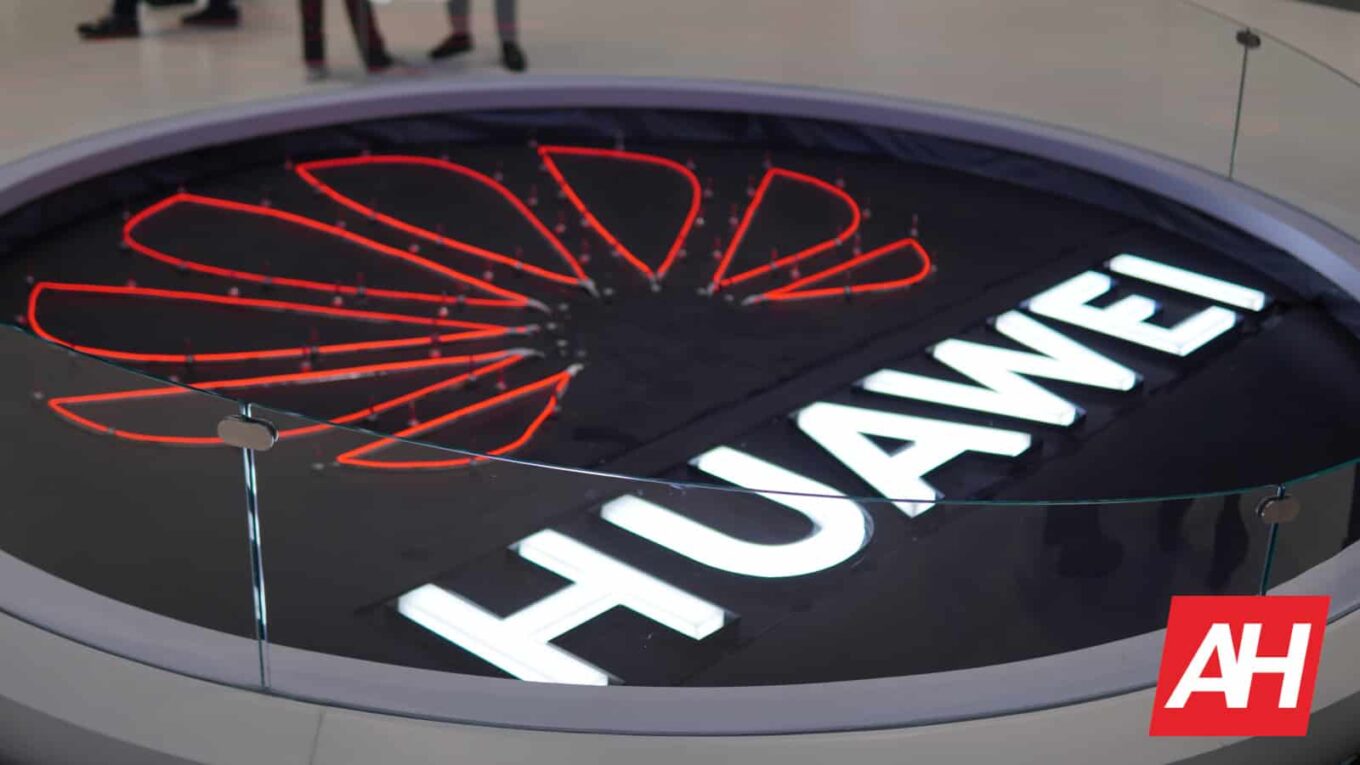A potentially groundbreaking development is brewing in the world of artificial intelligence hardware. Huawei, the Chinese tech giant, appears poised to reshape its approach to AI chips. The company offers this hardware primarily in the Chinese market, competing against NVIDIA. However, a new report points to Huawei designing its next-gen Ascend 920 as a proper, general-use GPU rather than a “simple” AI chip.
Huawei uses its Ascend brand to offer AI chips in China. The firm currently supplies the Ascend 910 series, taking advantage of NVIDIA’s limitations stemming from the trade ban against China. This prevents NVIDIA from shipping its best offerings, limiting it to nerfed versions. This is where companies like Huawei come into play.
Huawei Ascend 920 would be a general-use GPU instead of a specific AI chip
That said, it seems the brand’s ambitions go much further. Apparently, they aren’t content with just taking a slice of the AI chip pie away from NVIDIA. The Information reports that the upcoming Ascend 920 hardware will not only focus on AI but also function as a proper, multi-purpose GPU.
This move could put Huawei in direct competition with industry leaders like NVIDIA. It could also have substantial implications for AI developers seeking alternatives to existing platforms. The report indicates that the chip could enter mass production at some point in 2026 (via: Jukanlosreve).
At the heart of this strategic redesign is a familiar name in the AI landscape: CUDA. Nvidia’s CUDA software platform has become a dominant standard for programming GPUs in AI development. Huawei’s current AI chips, however, rely on their own CANN (Neural Network Computing Architecture) software platform for computing resource management. The challenge for Huawei has been the comparatively limited industry adoption of CANN when stacked against Nvidia’s widely supported CUDA. This disparity has created a bottleneck for Huawei in expanding its AI chip market share.
It could support NVIDIA’s CUDA
To overcome this hurdle, Huawei’s new Ascend 920 could feature new software. This component could enable compatibility with Nvidia’s CUDA programming language through specialized middleware. In essence, this software will translate CUDA instructions, making them applicable and executable on Huawei’s own AI chips. This approach aims to reduce the enormous costs and effort typically associated with switching away from established CUDA-based development environments.
Furthermore, sources suggest that Huawei is exploring the adoption of chip feature models currently present in both Nvidia and AMD hardware. This interest signals a broader ambition to align their hardware more closely with widely accepted industry standards. It could be the smartest change to facilitate a potential transition to developers.
Potentially groundbreaking development for the AI industry
Either way, Huawei seems to be taking a well-calculated step. Don’t expect an Ascend 920 GPU that can compete with modern NVIDIA GPUs in gaming. However, the additional capabilities this approach could provide are potentially valuable for AI developers. Furthermore, the company also seems to want to address the software ecosystem challenge. Their ultimate goal is to make it as easy as possible for other platforms to migrate to their own platform. Will they succeed? Only time will tell.
The post Huawei Reportedly Building Proper GPUs for All Tasks—Beyond AI appeared first on Android Headlines.

Source: ndroidheadlines.com
